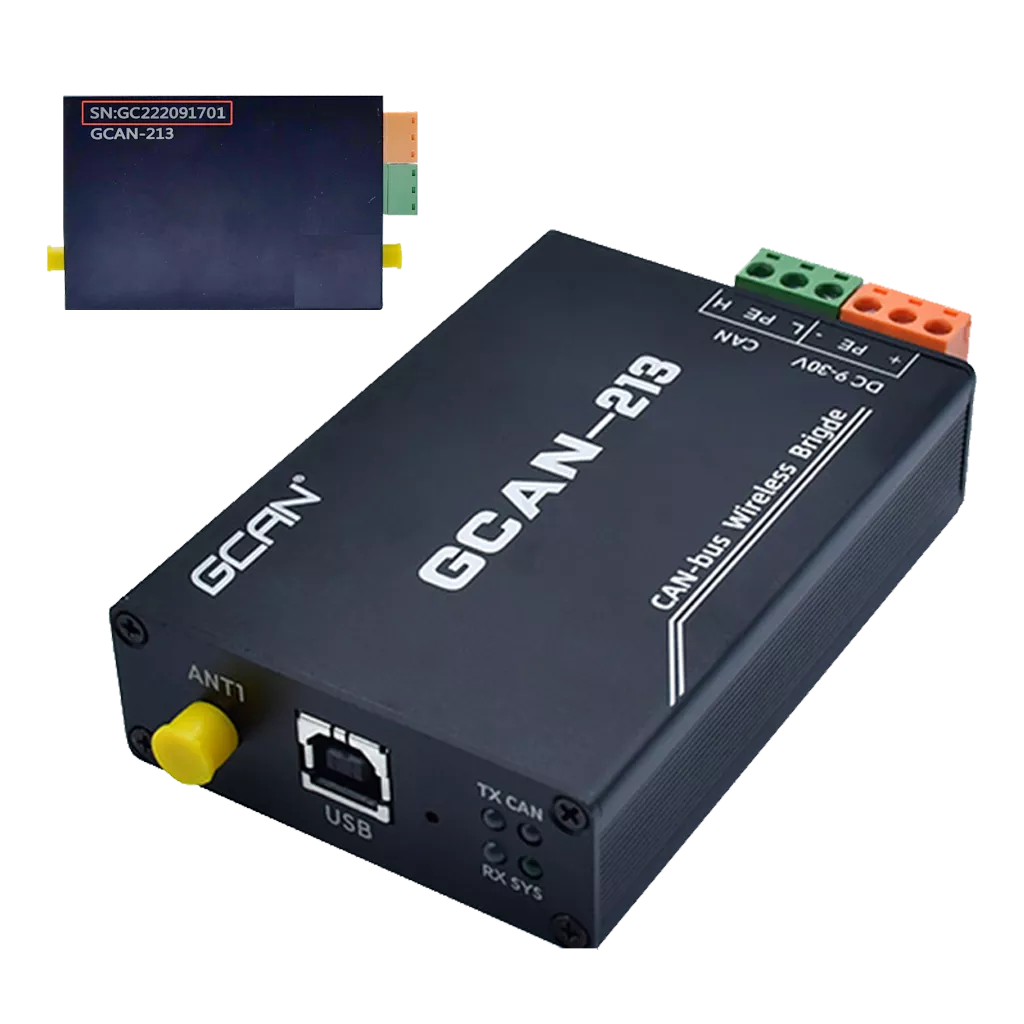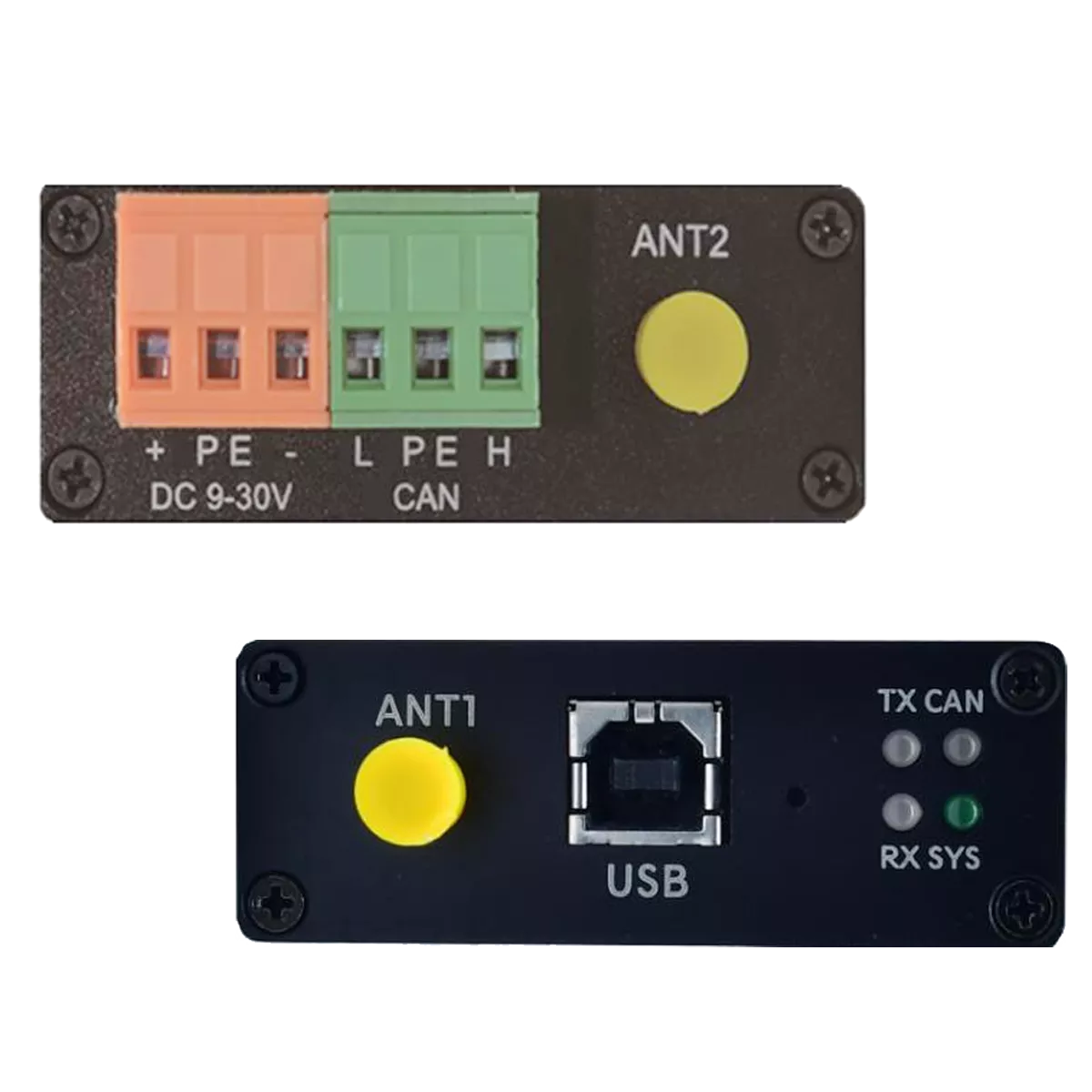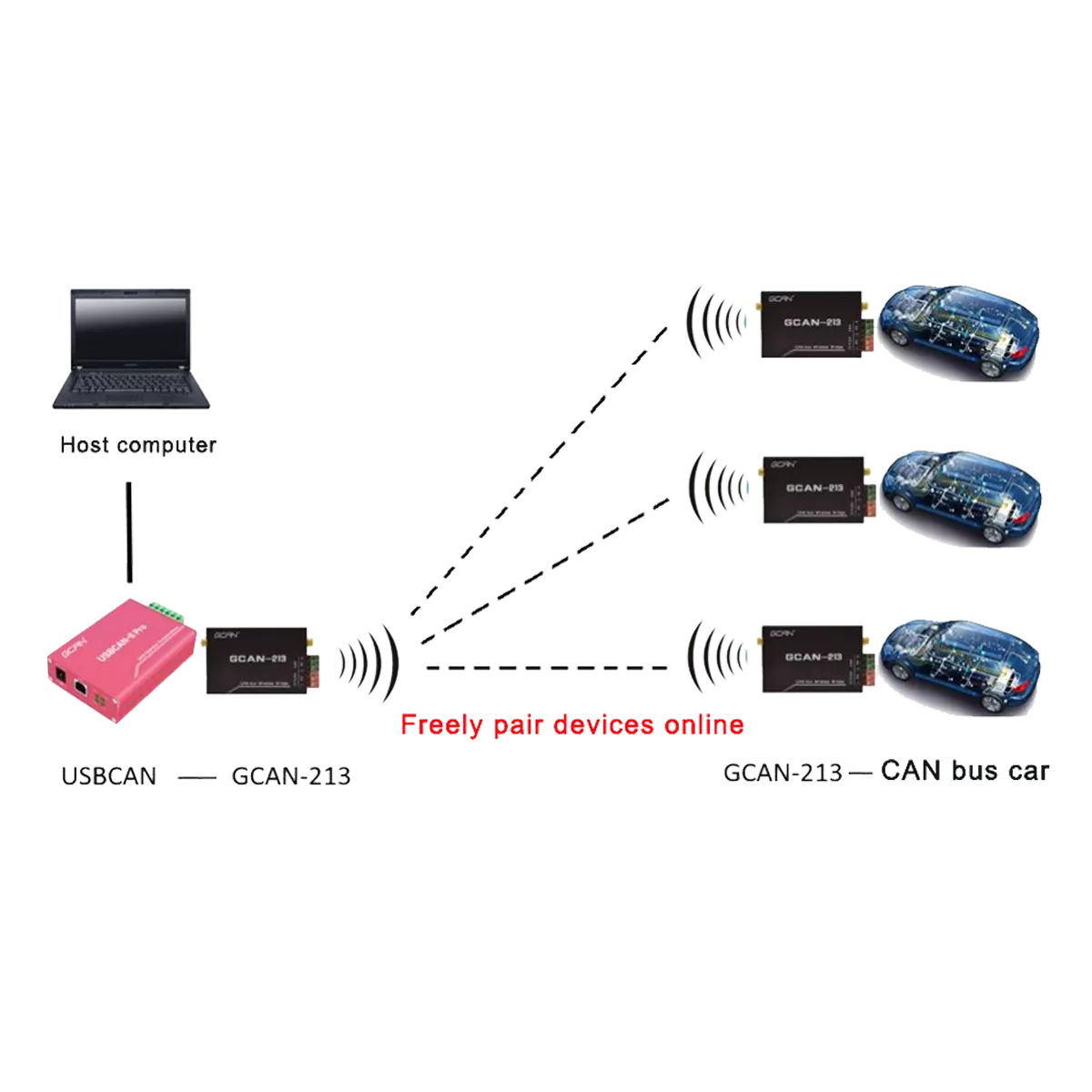아이솔레이터는 다양한 산업용 신호를 전송, 변환, 분리, 전송 및 계산하는 기기입니다. 다양한 센서와 협력하여 입력, 출력 및 전원 신호를 분리하여 산업 생산 공정의 간섭 방지 기능을 개선하고 시스템 안정성과 신뢰성을 보장할 수 있습니다.
올바른 제품을 선택할 때 고려해야 할 몇 가지 주요 요소가 있습니다. CAN 아이솔레이터:
CAN 버스 아이솔레이터
(1) 버스 속도: 선택한 CAN 아이솔레이터가 CAN 버스 시스템의 통신 속도를 지원하는지 확인합니다. CAN 아이솔레이터마다 다른 전송 속도 범위를 지원할 수 있으므로 실제 요구 사항에 따라 선택해야 합니다.
(2) 절연 전압: 애플리케이션 환경에 존재할 수 있는 전기 노이즈와 간섭을 고려하세요. 시스템의 전기적 절연과 안전을 보장할 수 있는 충분한 절연 전압을 갖춘 CAN 아이솔레이터를 선택하세요.
(3) 절연 채널 수: CAN 버스 시스템 아키텍처에 따라 필요한 아이솔레이션 채널 수를 결정합니다. 일부 CAN 아이솔레이터는 단일 채널 아이솔레이션을 제공하는 반면, 다른 아이솔레이터는 다중 채널 아이솔레이션을 제공합니다.


CAN 버스 아이솔레이터
(4) 인터페이스 유형 및 연결 형태: 기존 장비 및 배선 시스템과의 호환성을 보장하기 위해 CAN 아이솔레이터의 인터페이스 유형(예: DB9, M12 등)과 연결 형태(예: 직접 연결, 플러그인 등)를 확인합니다.
(5) 전력 요구 사항: 시스템이 안정적인 전원 공급을 제공할 수 있도록 CAN 아이솔레이터의 전력 요구 사항과 전압 범위를 이해해야 합니다.
(6) 작업 환경: CAN 아이솔레이터의 작동 온도 범위, 습도 및 보호 수준과 같은 환경 요인을 고려하여 애플리케이션 환경에서 안정적으로 작동할 수 있도록 하십시오.
CAN 버스 아이솔레이터
(7) 안전 인증: 애플리케이션이 특정 안전 표준 또는 사양(예: 채굴 본질 안전 설계 사양)을 준수해야 하는 경우, 선택한 CAN 아이솔레이터가 해당 인증을 획득했는지 확인하세요.
(8) 신뢰성과 안정성: 시스템의 신뢰성과 안정성을 보장하기 위해 시장에서 검증되고 평판이 좋은 CAN 아이솔레이터 브랜드와 모델을 선택합니다.
(9) 비용: 성능 및 기능 요구 사항을 충족한다는 전제하에 CAN 아이솔레이터의 비용 효율성을 고려하고 가성비가 높은 제품을 선택합니다.

CAN 아이솔레이터 도구가 필요한 경우 다음을 수행할 수 있습니다. 문의하기 언제든지 고품질의 제품과 전문적인 솔루션을 제공해 드리겠습니다.
